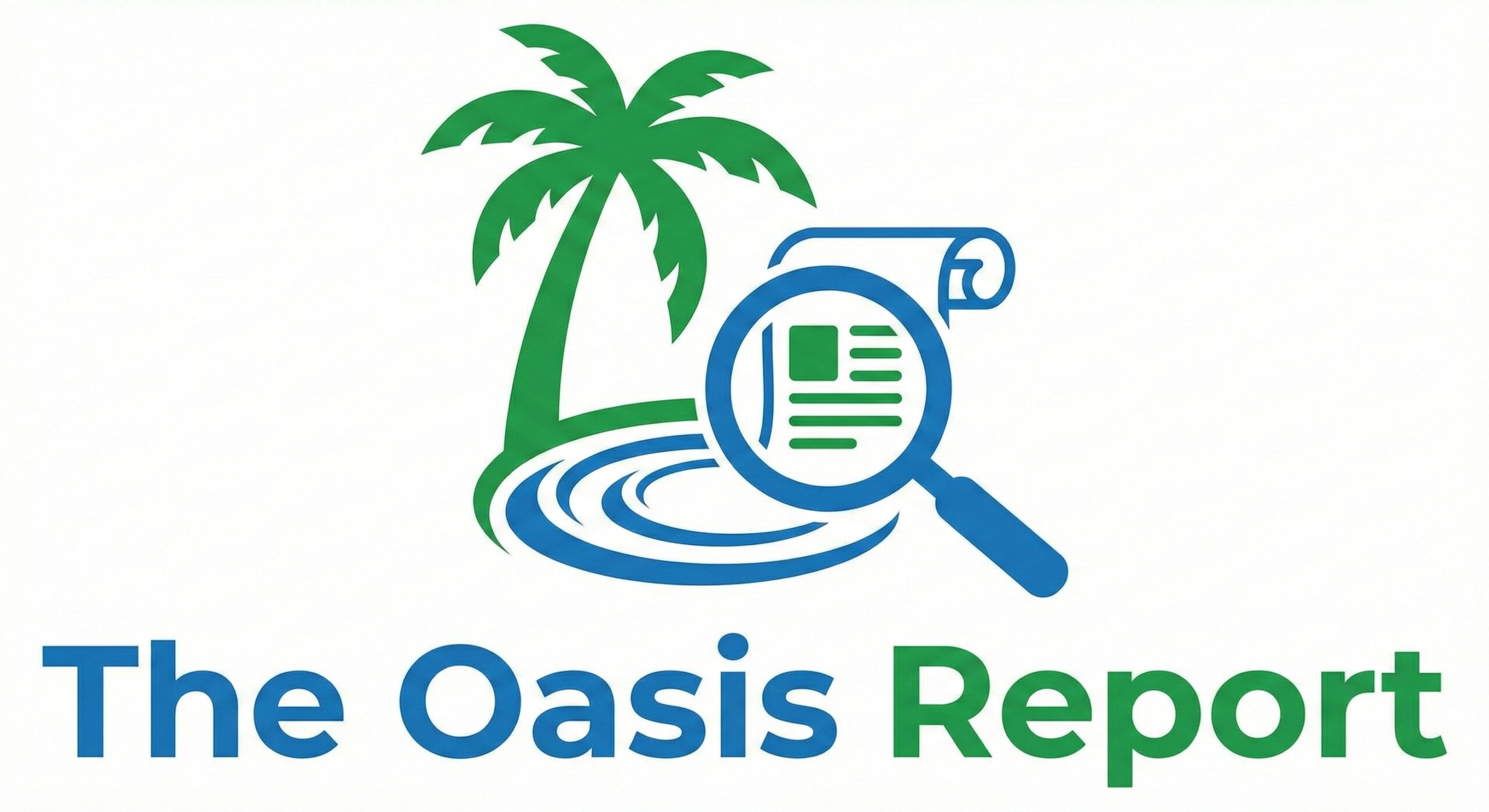US stocks consolidated their gains during trading today (Friday) as investors turned to technology companies after several days of reluctance as they assessed the impact of rapid developments in artificial intelligence in the software sector.
The Dow Jones Industrial Average rose 2.24% (1,093 points) to 50,001 points, exceeding 50,000 points for the first time.
The broader S&P 500 index rose 1.72%, or 117 points, to 6,915 points, returning to a year-to-date gain of more than 1%.
The Nasdaq Composite Index rose 1.91% (430 points) to 22,971 points, but is thought to have fallen about 2% for the week.
Today’s technology sector recovery was supported by NVIDIA stock up 7.32% to $184.47, Broadcom stock up 7.14% to $332.69, Oracle stock up 3.59% to $141.38, and Plantir stock up 4.32% to $135.62.
US stocks inched higher in trading today (Friday) as investors flocked to technology companies after days of reluctance due to concerns over the impact of rapid developments in artificial intelligence on the software sector.
The Dow Jones Industrial Average rose 2.24% (1,093 points) to 50,001 points, breaking above the 50,000-point mark for the first time.
The broader S&P 500 index rose 1.72%, or 117 points, to 6,915 points, for a year-to-date gain of more than 1%.
Meanwhile, the Nasdaq Composite Index rose 1.91% (430 points) to 22,971 points, but fell about 2% for the week.
Today’s tech sector recovery was supported by Nvidia’s stock price, which rose 7.32% to $184.47, Broadcom’s stock price, which rose 7.14% to $332.69, Oracle’s stock price, which rose 3.59% to $141.38, and Palantir’s stock price, which rose 4.32% to $135.62.


